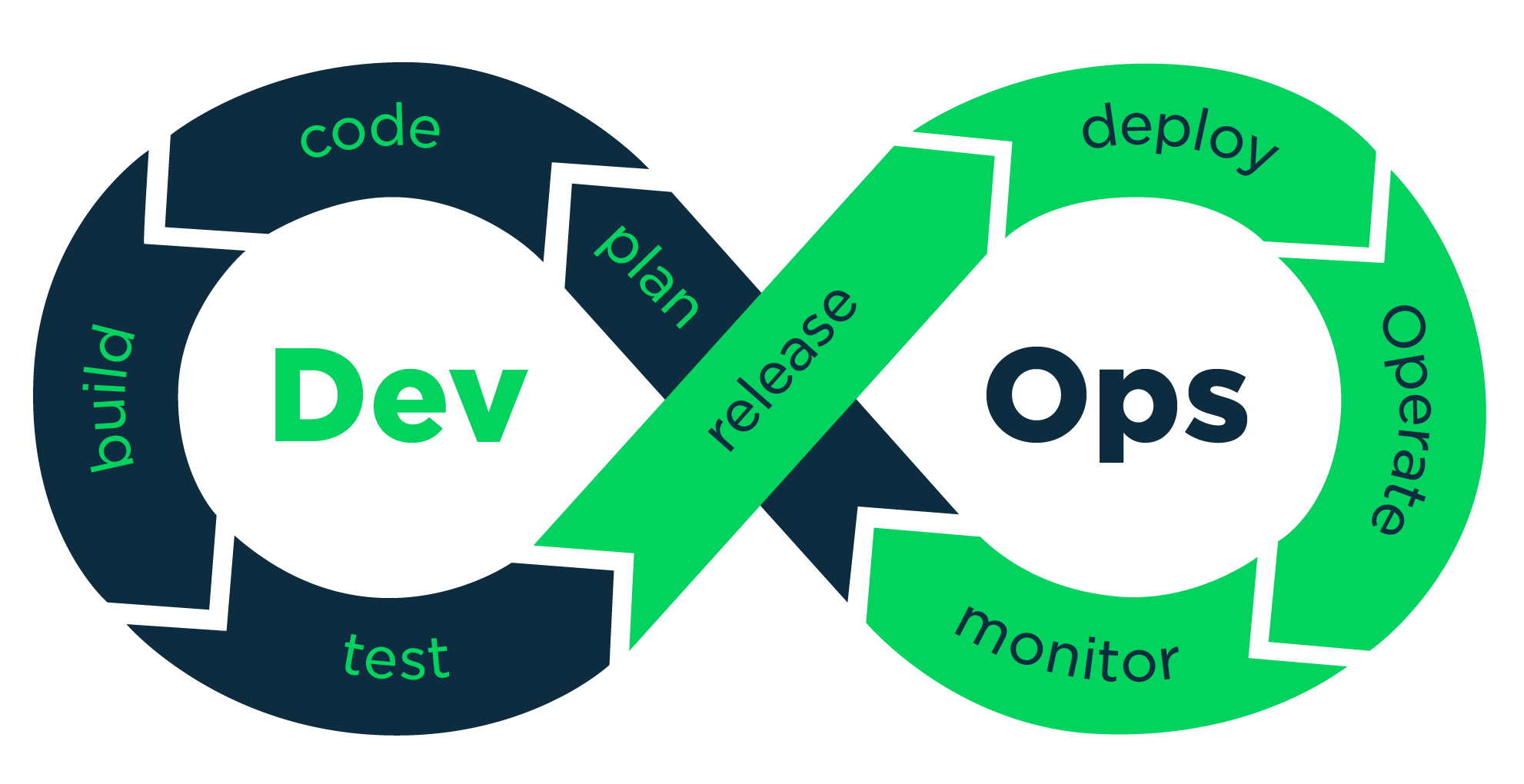What is DevOps, and Why Is It Important to Getting Things Done?

DevOps is one of those buzzwords that seems to be everywhere these days. Even so, many people have a fuzzy understanding of what it is and why it’s important. If you’re among them, don’t worry: you’re not the only one. That is why this blog post exists. It’ll give you the answers you seek about what exactly DevOps is, why it's so important for your business, and how you can use it to streamline your organization and bring your projects to completion faster than ever before.
“It is not the strongest of the species that survive, nor the most intelligent, but the one most responsive to change.”
-Charles Darwin
What Is DevOps?
The term DevOps refers to a set of practices that companies use to establish a seamless, efficient workflow between the development and operations teams. While these teams may have worked together before, they’re now doing so with close, daily collaboration. The goals of DevOps are to increase the speed and quality of software releases, as well as create a culture where engineers feel free to experiment and innovate.
There are three key principles to DevOps:
- Automation is Key: Engineers come up with new ideas all the time, but the truly successful ones will also have a plan for automating their implementation.
- Efficiency and Effectiveness Are Paramount: If a practice isn’t making your business more efficient or effective, it’s not worth keeping around.
- Transparency Is Essential: The more your teams can communicate clearly and transparently, the more successful they’ll be.
Why Is DevOps Important?
DevOps is a really important concept, and for a few reasons:
- It Helps Engineers Create Better Products: As discussed above, engineers who are free to experiment and innovate will be able to come up with better products.
- It Keeps Your Business Efficient: Engineers who have to spend time on non-development tasks are less efficient, which means they’re producing less output.
There are also other departments involved in the software development process that could benefit from DevOps, like the marketing team and the sales and customer support teams. If those people can work more efficiently, that could lead to better outcomes for your company as a whole.
Getting Started with DevOps
If you want to get started with DevOps, there are a few ways you can do so:
- Hire new employees who are already familiar with DevOps: This is perhaps the most straightforward way to get started with DevOps. You can hire engineers who already have experience with DevOps, and they’ll be able to get started right away.
- Bring in an outside consultant to help your team adapt to DevOps: If you’ve hired a new team but they’re not yet familiar with DevOps, you can hire an outside consultant to help your team get started with DevOps.
- Partner with an outside company that practices DevOps: If you’re really committed to bringing DevOps to your business but you don’t want to alter your team too much, you can partner with a company that practices DevOps.
5 Lessons for Getting the Most Out of DevOps
There are a few key things you can do to get the most out of DevOps and really optimize your business for success:
- Create a culture where everyone feels like they can ask questions without fear of being judged or criticized. This will encourage your team to ask questions, which will ultimately make them more efficient.
- Embrace transparency. Make sure your teams are as transparent with each other as they possibly can be.
- Make sure everyone has the necessary training. Make sure everyone on your team has the necessary training to do their jobs as efficiently as possible.
- Stay up-to-date. Be sure to keep up with the latest trends in DevOps to make sure your business stays competitive.
- Be open to change. Be open to changing your company culture to embrace the best possible practices.
Checklist: Before You Can Be Truly Be Successful with DevOps
Before you can be truly successful with DevOps, you’ll want to make sure you’re practicing these things:
- Bring your engineering and operations teams together in one space: Doing so will help engineers and operations members to collaborate more efficiently.
- Modernize your software delivery process: Don’t use antiquated software delivery processes that are slower and less efficient.
- Educate your engineering staff on other departments: Teach engineering members about the other departments involved in the software delivery process so they know what’s happening.
- Hire a team that fits your organizational structure: Make sure you’re hiring a team that fits your organizational structure.
- Make sure your teams are cross-functional: Make sure your teams have the right skill sets and that they’re cross-functional, where possible.
- Make sure your teams feel supported: Make sure your teams feel supported by the rest of the organization in order to help them succeed.
Key takeaways
DevOps is an important set of practices that can help your business succeed. It pairs engineering and operations teams in order to create a more efficient and effective workflow, and it can help improve other departments as well. If you want to be truly successful with DevOps, you’ll want to bring your engineering and operations teams together in one space, modernize your software delivery process, educate your engineering staff on other departments, hire a team that fits your organizational structure, make sure your teams are cross-functional, and make sure your teams feel supported.
